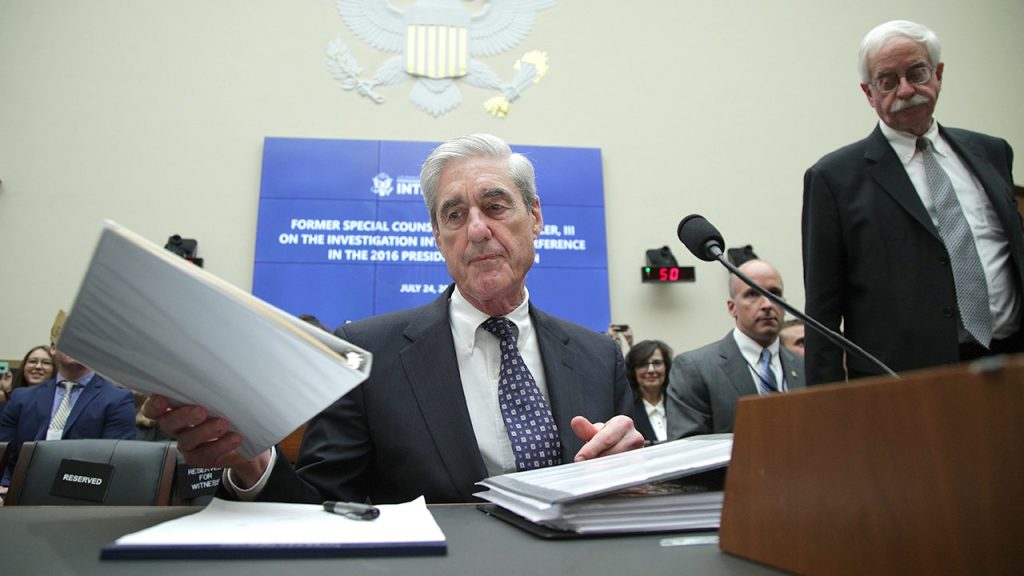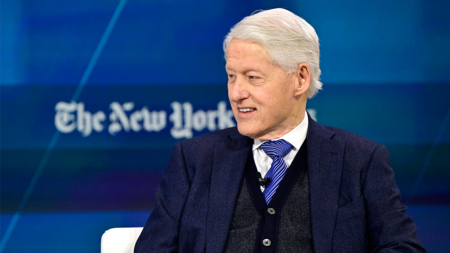Robert Mueller’s Parkinson’s Diagnosis and Retirement from Public Life
Former FBI Director Robert Mueller, the man who led the high-profile Russia investigation into President Donald Trump’s 2016 campaign, has been diagnosed with Parkinson’s disease, according to his family. At 81 years old, Mueller received the diagnosis in 2021, which eventually led to his complete retirement from public life by the end of 2022. The revelation comes as Mueller has notably receded from the public eye in recent years, with his family now requesting privacy as he deals with the progressive neurological condition that affects movement and often speech.
The diagnosis marks a significant life change for Mueller, who has been one of America’s most prominent public servants. After learning of his condition in the summer of 2021, Mueller continued teaching law at his alma mater for a brief period before fully retiring from professional activities the following year. This quiet exit stands in stark contrast to his decades in the spotlight, particularly during his tenure as FBI Director from 2001 to 2013 and later as special counsel investigating Russian interference in the 2016 presidential election. His family’s statement to The New York Times was straightforward but protective, simply confirming the diagnosis timeline and emphasizing their desire for privacy during this challenging time.
Mueller’s health condition has recently intersected with ongoing congressional investigations, specifically regarding convicted sex offender Jeffrey Epstein. The House Oversight Committee had initially subpoenaed Mueller as part of their probe into how Epstein’s case was handled during Mueller’s FBI leadership. Committee Chair James Comer had particularly focused on the 2007 investigation of Epstein, which culminated in a controversial non-prosecution agreement despite prosecutors having drafted a 60-count indictment. This period falls squarely within Mueller’s tenure as FBI Director, making his potential testimony valuable to investigators seeking to understand how Epstein avoided more serious consequences for his crimes.
However, the committee ultimately withdrew their request for Mueller’s testimony after learning about his health challenges. According to sources familiar with the situation, committee investigators became aware that Mueller’s condition would prevent him from being able to testify effectively. Reports indicate that Mueller has been struggling with speech and mobility issues—common symptoms of Parkinson’s disease—which would make congressional testimony particularly difficult. This decision to withdraw the subpoena came before the public announcement of Mueller’s specific diagnosis, suggesting the committee had been made aware of his health limitations without knowing the exact nature of his condition.
The revelation about Mueller’s health adds a human dimension to a man who has often been portrayed in strictly professional terms. Throughout his career, Mueller developed a reputation for being methodical, restrained, and intensely private—characteristics that made him both respected and enigmatic in Washington circles. As FBI Director, he led the bureau through the aftermath of the September 11 attacks and the subsequent transformation of American intelligence and law enforcement. Later, his appointment as special counsel investigating Russian election interference placed him at the center of one of the most politically charged investigations in modern American history. Throughout these high-pressure assignments, Mueller maintained his characteristic reserve, letting his work speak rather than seeking the spotlight.
Parkinson’s disease presents a deeply personal challenge for someone who has dedicated his life to public service. The progressive neurological disorder affects the nervous system and the parts of the body controlled by nerves, typically causing tremors, stiffness, and difficulty with balance and coordination. While treatments can help manage symptoms, there is no cure for the condition. For a man whose career demanded precision, control, and mental acuity, facing a disease that gradually affects these capacities represents a profound transition. As Mueller retreats from public life to focus on his health and family, his situation reminds us of the human vulnerability that exists behind even the most formidable public personas—a reality that transcends political divisions and speaks to our shared human experience.















